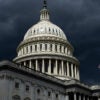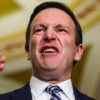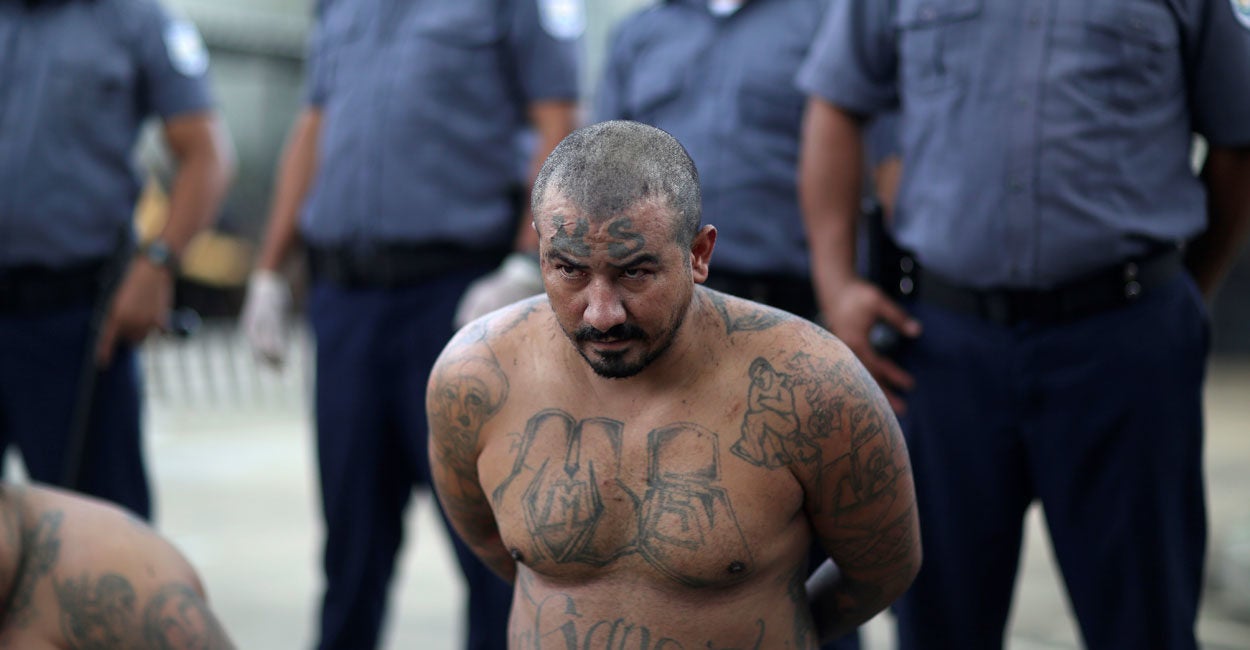In a recent poll, residents of El Salvador were asked, “Who runs your country?” Forty-two percent reported gangs, while only 12 percent said the government.
These results reveal a huge problem for El Salvador: The public’s lack of trust in its government threatens to dismantle the country’s democracy and stability.
MS-13 is a dominant force in Salvadoran affairs. Outside the U.S., MS-13’s largest presence is in Central America, particularly in the northern triangle countries of El Salvador, Guatemala, and Honduras.
The Daily Signal depends on the support of readers like you. Donate now
MS-13 has become a powerful force, capable of coercing weak Central American governments. For example, in 2012, the Salvadoran government was forced to sign a truce with MS-13 in an effort to reduce skyrocketing homicide rates. Although the truce did reduce homicides, the agreement was widely unpopular. Extortion and associated criminal activity continued at high rates with almost no resistance from the government.
When current President Salvador Sánchez Cerén reversed the 2012 truce and implemented a “mano dura,” or iron-first policy, against MS-13 in 2014, the gang retaliated by dumping bodies on the streets. The homicide rate skyrocketed and in 2015, El Salvador had the highest homicide rate in the world.
MS-13 largely relies on extortion as its largest source of income, but has also been known to engage in drug and human trafficking, money laundering, kidnapping, and theft. MS-13’s growing influence in El Salvador has led to changes in its behavior.
The country’s weak state capacity and inability to deliver social services has paved the way for criminal organizations to step in and assume state functions.
In recent years, MS-13 has launched minor programs to feed children and provide neighborhood security. Bizarrely, the same group that terrorized Salvadorans is now providing much-needed social services.
This change in behavior has undermined the Salvadoran government’s authority. Fragile States Index tracked the public’s perception of the state’s legitimacy. El Salvador saw its sharpest decline in 2015, and perceived authority has continued to plummet ever since.
In 2017, Transparency International’s corruption perception score for El Salvador ticked downward 6 points from 2014, indicating an increased corruption perception. Furthermore, El Salvador scored a 33 out of 100 in the country’s perceived level of public-sector corruption.
In The Heritage Foundation’s Index of Economic Freedom, El Salvador’s government integrity score plummeted from 39 percent in 2016 to 25.2 percent in 2018—a clear indication of a serious problem.
Improving the situation will require long-term efforts from the Salvadoran government. Much of the work will be up to the next administration that will take office in 2019. It will be left to vigorously combat the expansion of MS-13 and preserve the government’s legitimacy.
Failure to step up, create economic opportunities, and increase security efforts could collapse what remains of the Salvadoran government’s authority.
































